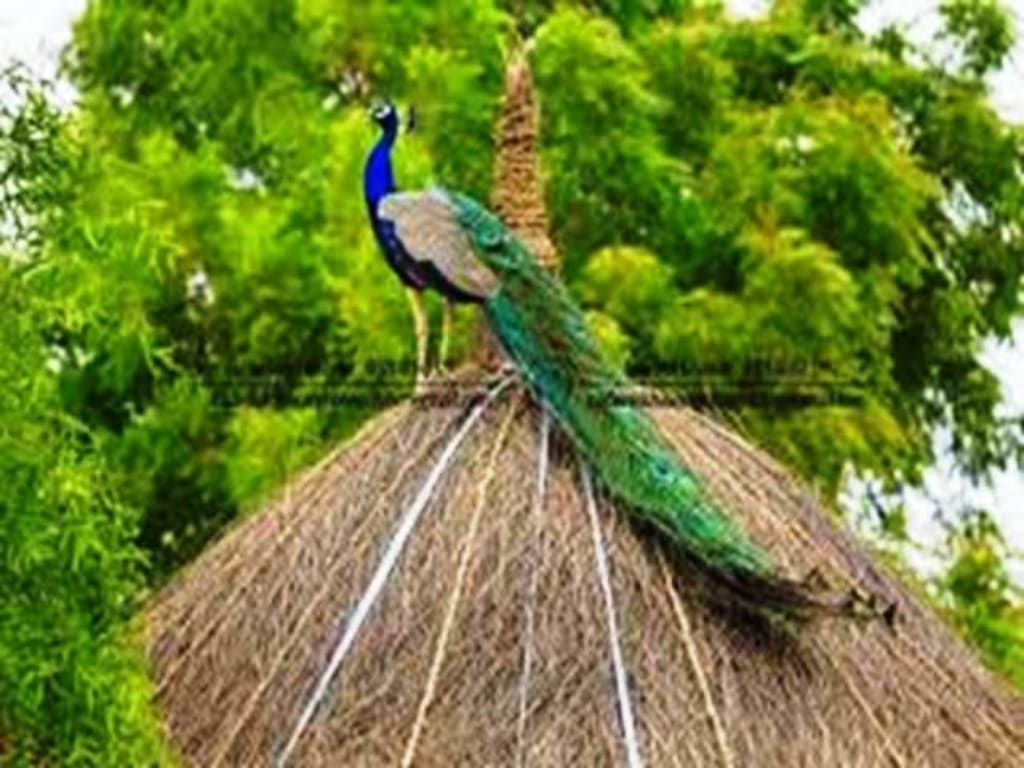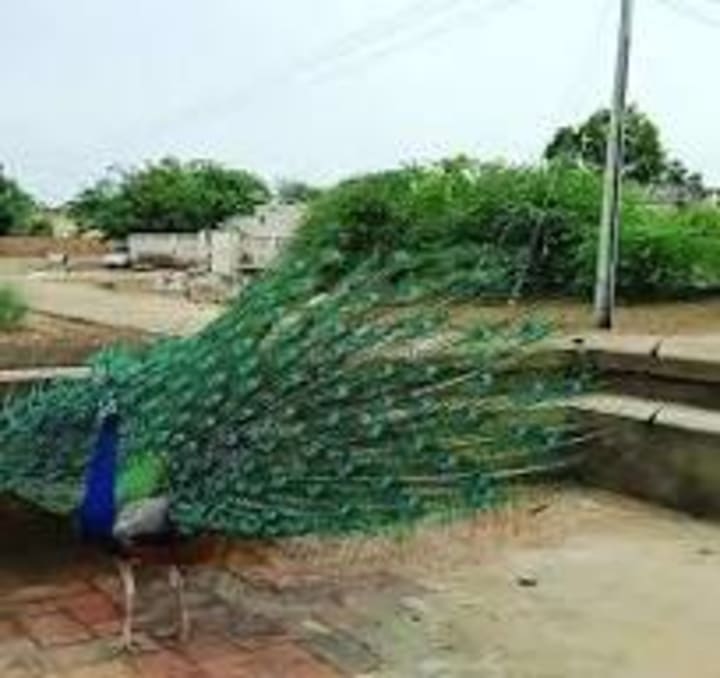Campaign for the Genuineness of Peacock Birds
Peacocks are one of the most visually stunning birds found across the world

Peacocks are one of the most visually stunning birds found across the world. With their extravagant tail feathers and vibrant colors, peacocks have always captured human fascination. However, in recent times there have been concerns about the authenticity and naturalness of peacocks in captivity. Several animal welfare organizations have launched campaigns to promote the reality of peacocks and preserve their natural traits and behaviors.
Peacocks held in zoos and farms often live in confined spaces without sufficient space to roam freely. Their natural habitat would consist of large forest areas or grasslands where they can display their plumage and call out to attract mates. In captivity, they do not have this freedom of movement or ability to engage in natural courtship rituals. Many peacocks bred on farms also have their long tail feathers cut short to reduce maintenance costs. This drastically alters their appearance and prevents them from performing their trademark elaborate courtship dance.
Animal rights activists argue that depriving peacocks of the ability to express their natural traits amounts to an undue restriction on their welfare. Peacocks have evolved over millions of years to develop their extravagant tails precisely because it helps them attract mates and ensure successful reproduction. Trimming or restricting the growth of tail feathers interferes with their innate instincts and ability to breed. It reduces peacocks to mere decorative objects stripped of their intrinsic behaviors. Supporters of peacock welfare want farms and zoos to provide spacious habitats that allow peacocks to grow their full plumage and engage in natural courtship displays.
Several leading animal welfare non-profits such as PETA and the Humane Society have joined this campaign. They argue that the confinement and physical alteration of peafowl for economic reasons undermines their dignity as living creatures. While peacocks are bred on many farms, their primary purpose should be to preserve the species rather than treat them as commodities. The organizations are lobbying various state governments to pass the"Peacock Protection Acts" that set strict standards for their housing and care. These acts would prohibit practices like tail feather trimming and require large free-roaming habitats to be provided.
The campaign has found support from many conservationists as well. There are concerns that unnatural breeding practices could have long-term genetic impacts on peafowl populations. By restricting traits like plumage that have been crucial to their survival and adaptation, we may be undermining the very characteristics that have allowed peacocks to thrive in the wild for centuries. Over time, peafowl bred for appearances alone in confined farms rather than natural behaviors could lose those traits and become less fit for living in the wild should they ever be reintroduced to nature reserves. The campaign aims to preserve peafowl genetics and ensure any birds bred in captivity can still thrive if released into the wild.
While the economic impact of such legislation on farming businesses needs to be considered, many argue that peacock welfare should take precedence over profits. Several farms have already started implementing the changes being advocated, such as providing larger open-air habitats. They have found that peafowl can still be bred successfully while respecting their natural traits. If more farms adopt such ethical practices, it could help reduce opposition to stricter regulations. The campaign aims to raise further public awareness and change societal attitudes towards how we view peafowl from mere decorations to living creatures that deserve to express their innate nature. With support from animal welfare groups, conservationists, and an increasing number of ethically-run farms, it hopes to establish new norms regarding the genuine treatment of peafowl.







Comments
There are no comments for this story
Be the first to respond and start the conversation.